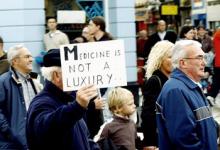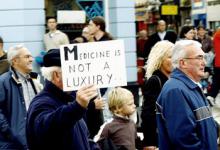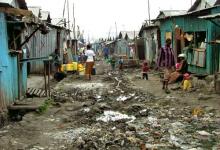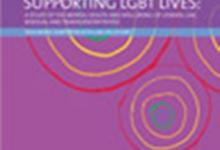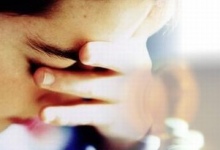Closer to Boston than Berlin
The last two weeks have seen a flurry of government members fleeing the political field. Whether one is cynical and attributes this with reference to the old adage regarding the reluctance of rodents to remain aboard the sinking political vessel of the state or fear of a vengeful electorate, the exodus is striking. Fortunately, those decamping have had their loss of employment and return to the 'real world' softened by liberal financial parachutes.

